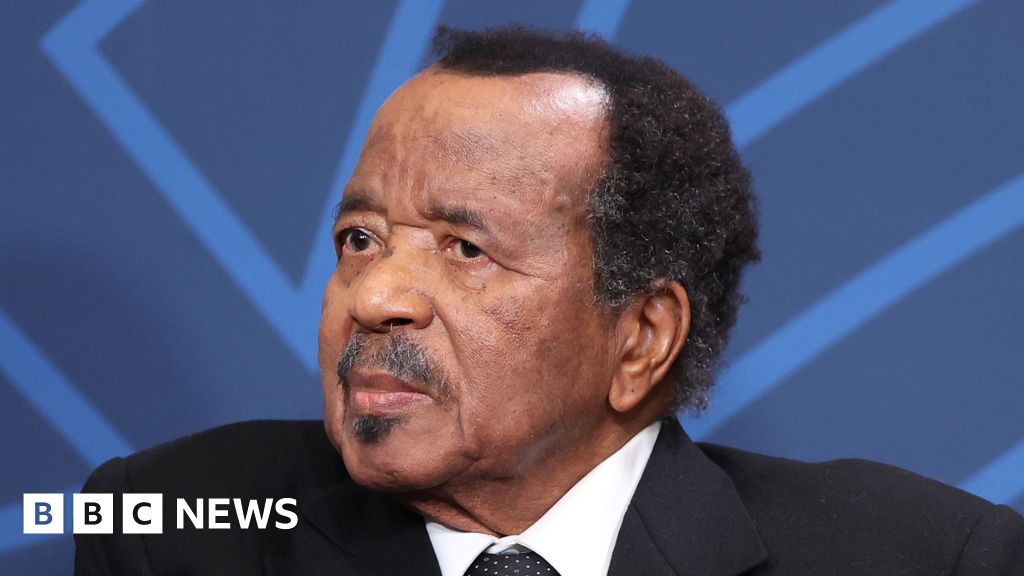Nearly three grams of explosive were found in over 5000 pagers planted by
Mossad
that went 'undetected' by
Hezbollah
for months leading to simultaneous explosions across
Lebanon
leaving over 11 dead and more 3000 injured.
Being the "biggest security breach" that Hezbollah has had in decades, the Iran-backed group vowed to retaliate against Israel. "We hold the Israeli enemy fully responsible for this criminal aggression," it said adding that
Israel
"will certainly receive its just punishment for this sinful aggression".
The attack came after Israel on Tuesday declared that it was expanding the objectives of the Gaza war to also target its conflict with Hezbollah along the Lebanese border.
Hezbollah, however, said that it would continue to support Gaza following the wave of blasts.
"This path is ongoing and separate from the difficult reckoning that the criminal enemy must await for its massacre on Tuesday," the group said in a statement on Telegram.
'Several months to two years': Attack meticulously planned
Planning an attack of this magnitude would require several months to over two years, according to experts who spoke to AP.
The complexity of the attack indicates that the perpetrator has been gathering intelligence for an extended period, the expert said.
An operation of this scale necessitates establishing relationships to obtain physical access to the pagers before their sale, creating the technology to be embedded in the devices, and securing sources to verify that the targets were in possession of the pagers.
'Not our product': Taiwanese company Gold Apollo's logo on pagers
After it was discovered that the Taiwanese company Gold Apollo was the supplier of the pagers, the company distanced itself from the product saying that it was BAC which manufactured the product.
"That product isn't ours. They just stick on our company brand," Hsu Ching-Kuang, company's founder and president said.
"We only provide brand trademark authorization and have no involvement in the design or manufacturing of this product," the company said.
Meanwhile, Taiwan's finance ministry said that its records indicate "no direct exports to Lebanon" of such pagers from Gold Apollo.
According to the ministry, the company's pagers were primarily exported to Europe and North America. After reviewing news articles and photographs, the ministry concluded that the pagers were modified only after being exported from Taiwan.
Iran accuses Israel of 'mass murder', latter yet to respond
Iran accused Israel of "mass murder" however, the latter is yet to comment on the attack.
Iran said that the country "condemned the terrorist act of the Zionist regime... as an example of mass murder".
"Combating the terrorist acts of the (Israeli) regime and the threats arising from them is an obvious necessity," foreign ministry spokesman Nasser Kanani said.
The blasts occurred just hours after Israel announced it was expanding the objectives of the war triggered by Hamas's October 7 attacks to also target Hezbollah, the group's ally, along the border with Lebanon.
Further, Hezbollah vowed to avenge the attack saying, "This path is ongoing and separate from the difficult reckoning that the criminal enemy must await for its massacre on Tuesday."
US denies involvement
The United States denied any involvement or prior knowledge regarding the explosions in Lebanon. In a press briefing, state department spokesperson Matthew Miller said that the US is currently gathering information about the incident but had no prior awareness and did not play a role in it.
"We are gathering information on this incident. I can assure you that the US was not involved and had no prior knowledge," David Miller said.
"We continue to collect information. I don't have any public readout. We are collecting information in the same way that journalists are across the world to gather the facts about what might have happened," he added.
Over 11 dead, 3000 injured in a series of explosions
The explosions left nearly 11 dead and 3000 injured leading to sudden influx of casualties overwhelming hospitals in Hezbollah strongholds.
At one hospital in Beirut's southern suburbs patients being treated in a parking lot on thin mattresses, with medical gloves scattered on the ground and ambulance stretchers stained with blood, AFP reported.

 1 month ago
12
1 month ago
12










 English (US) ·
English (US) ·